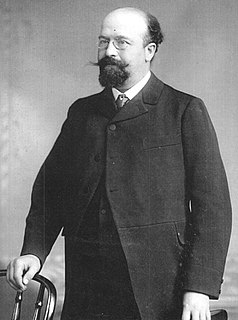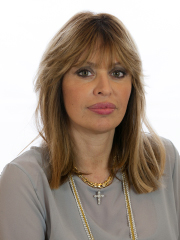A Quote by Bertrand Russell
In democratic countries, the most important private organizations are economic. Unlike secret societies, they are able to exercise their terrorism without illegality, since they do not threaten to kill their enemies, but only to starve them.
Related Quotes
Free societies, which allow differences to speak and be heard, and live by intermarriage, commerce, and free migration, and democratic societies, which convert enemies into adversaries and reconcile differences without resort to violence, are societies in which the genocidal temptation is unlikely and even inconceivable.
It must be therefore, since the enemies of the Jews belonged to the most diverse races, since they lived in countries very distant from each other, since they were ruled by very different laws, governed by opposite principles, since they had neither the same morals, nor the same customs, since they were animated by unlike dispositions which did not permit them to judge of anything in the same way, it must be therefore that the general cause of anti-Semitism has always resided in Israel itself and not in those who have fought against Israel.
Perhaps Communists had wormed their way so deeply into our government on both the working and planning levels that they were able to exercise an inordinate degree of power in shaping the course of America in the dangerous postwar era. I could not help wondering and worrying whether we were faced with open enemies across the conference table and hidden enemies who sat with us in our most secret councils.
Good, healthy democratic societies are built on three pillars: there's peace and stability, economic development, and respect for rule of law and human rights. But often, we take stability - peace in terms of security and economic activity - to mean a country is doing well. We forget the third and important pillar of rule of law and respect for human rights, because no country can long remain prosperous without that third pillar.


































